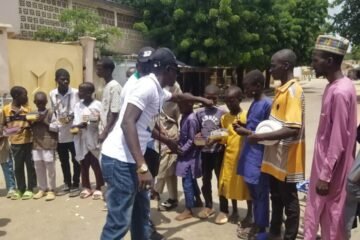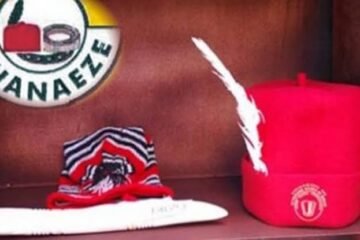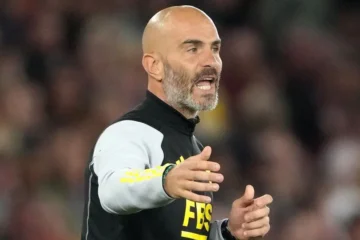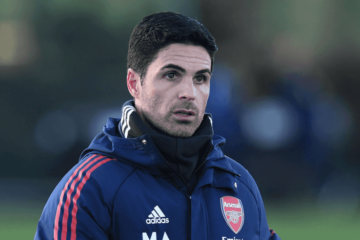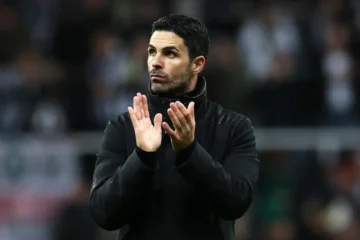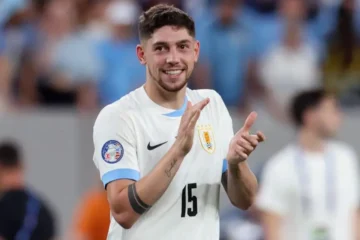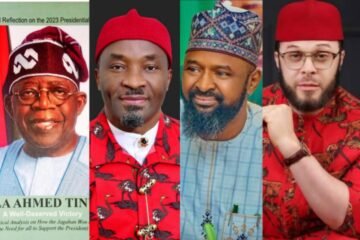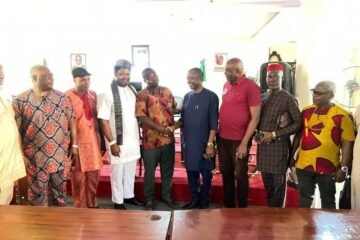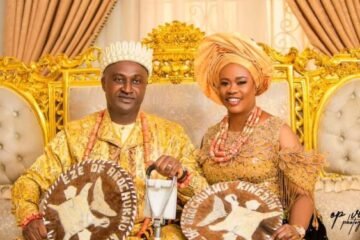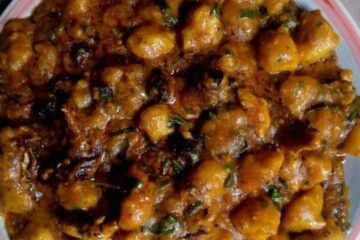The Ohafia people of Abia State, Nigeria, have a significant tradition known as “Iguu Ogbo,” which is naming a child after an ancestor, a family member, or a friend who is very dear to the child’s parent or parents.
A child must be named after someone in the Ohafia tradition, usually an ancestor, a family member, a friend, or a highly esteemed individual.
A man chooses the person he wants to name his child after. It is prohibited for a mother to name her child after anyone. Nevertheless, a mother may give her child a causal name (afa meriga).
The child’s father will reveal to the public after seven days of the child’s birth who he named the child after. Until then, the child will go by the casual name his mother gave him.
Even in the event that a husband tells his wife whom he intends to name his child,the woman is not supposed to reveal the person’s identity to the general public, because it would be disrespectful to her husband and tradition if she revealed person’s identity to the public before her husband.
On the seventh day of the child’s birth, the child’s father will break the good news of who he had named his child, and immediately, he will formally inform the person that he has named his child in his honor. This usually cause great celebration.
Upon receiving the good news,the person the child is named after will inform a few family members and friends and they will go and visit the newborn.
Subsequently, he will buy some baby products and other things, but nothing specific; it is just what he can afford to buy at the time, then he’ll ask a few close friends or family members to accompany him to gift the child the items. Additionally, he will give the child’s mother and father some gifts or cash. This tradition is called “Izara-ogbo/ipa-uma/ipa-aguu” It’s a way to express gratitude for someone naming their child after you.
On that day forward, he becomes the child’s “Nnanna” and the child becomes his “Ogbo.”
That is not where it ends.

He will occasionally pay the child a visit to see how he’s doing, most likely give him gifts. The visit is goal to bond and build a relationship with the child.
When the child grows up , the man can bring the child to his farm, harvest some yams, and give them to the child to take home and eat with his family. This is aimed to strengthen the “Nnanna” and “Ogbo” relationship.
The child would reciprocate the love that has shown to him by assisting the man with farm shores,collecting firewood and other local items for the man’s family.
Back in the day, a boy would go hunting and catch an animal. Rather than giving the animal to his mother to cook, he would give it to the person he was named after as a way of returning favor. A boy goes searching in the bush for kola nuts, when he finds some, rather than giving them to his father,he would give it to the person he was named after.
A child named after a man and the man after whom the child is named may have a strong bond to the extent that the man adopts the child and assumes paternal duties.
Should the man pass away, the boy will take part in his funeral in full. He needs to complete certain funeral rites, and failing to do so is against custom and may result in consequences.
This tradition is as old as Ohafia clan and it’s aimed to
(1) honor and remember ancestors.
(2) honoring the person being named after.
(3) preserve history and cultural heritage.
(4) strengthen family bound and connections.
(5) express gratitude or admiration for the person being named after.
(6) bestow wisdom, strength,and legacy from one generation to the next.

